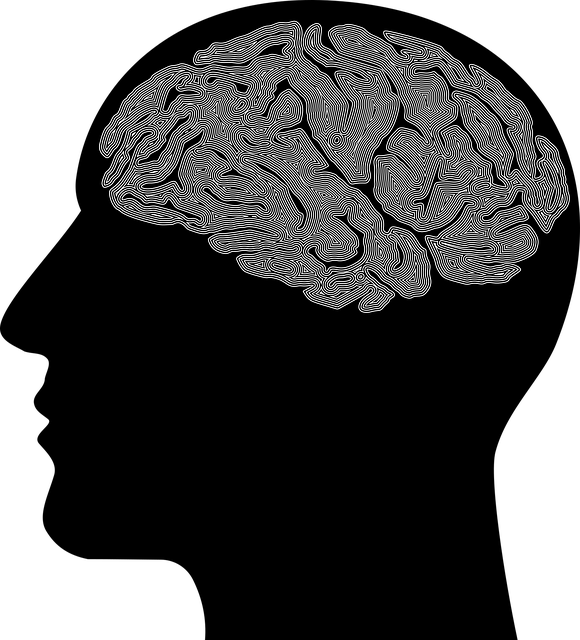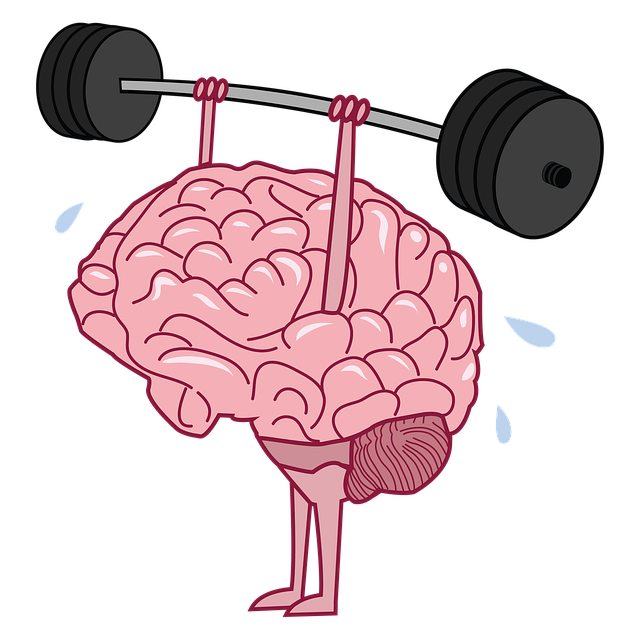Englewood Interpersonal Issues Therapy (EIIT) is an effective approach to managing chronic stress by addressing underlying interpersonal issues. This therapy empowers individuals through self-awareness exercises, trigger identification, and coping strategy development. It fosters resilience, boosts confidence, and enhances communication skills, ultimately leading to improved mental health and personal growth. Additionally, incorporating regular physical activity, mindfulness practices like meditation or deep breathing, and seeking support from networks or professionals are effective ways to manage stress.
Stress reduction is a vital aspect of maintaining mental well-being. This comprehensive guide explores various methods to alleviate stress and its profound impact on our lives. We delve into the world of Englewood Interpersonal Issues Therapy (EIIT), a powerful tool for navigating interpersonal challenges. Additionally, practical strategies are offered for daily stress reduction, providing readers with actionable steps to enhance their overall mental health and resilience.
- Understanding Stress and Its Impact on Mental Health
- Exploring Englewood Interpersonal Issues Therapy (EIIT) as a Powerful Tool
- Practical Strategies for Daily Stress Reduction
Understanding Stress and Its Impact on Mental Health

Stress is a natural response to various life challenges and stimuli, but when it becomes chronic, it can significantly impact mental health. It’s essential to understand that stress isn’t always negative; acute or short-term stress can motivate us to perform tasks and prepare for potential threats. However, prolonged exposure to stressful situations without effective coping mechanisms can lead to detrimental effects on both physical and psychological well-being. This is where Englewood Interpersonal Issues Therapy steps in as a valuable tool.
Through therapy sessions, individuals gain insights into their unique stressors and learn self-awareness exercises to manage them. By fostering self-awareness, one can identify triggers, develop coping skills, and build resilience. Moreover, engaging in confidence-boosting activities and learning effective communication techniques during therapy empowers individuals to navigate interpersonal issues more successfully. These strategies not only help reduce stress but also contribute to overall mental health and personal growth.
Exploring Englewood Interpersonal Issues Therapy (EIIT) as a Powerful Tool

Englewood Interpersonal Issues Therapy (EIIT) offers a unique and powerful approach to stress reduction by addressing underlying interpersonal issues that often contribute to chronic stress and anxiety. This therapy focuses on building strong, healthy relationships and enhancing communication skills, which are essential for managing stressful situations effectively. By exploring one’s social interactions and patterns, EIIT helps individuals develop inner strength and resilience. It encourages clients to confront and resolve conflicts, fostering a sense of empowerment and improved well-being.
The effectiveness of EIIT lies in its ability to promote positive thinking and coping strategies. Through discussions and guided practices, individuals learn to navigate interpersonal challenges with grace and poise. This therapy empowers people to break free from unhealthy relationship patterns and create supportive environments, leading to better stress management. By investing time in understanding oneself and others, one can significantly reduce stress levels and enhance overall mental health, making it a valuable tool for anyone seeking lasting relief.
Practical Strategies for Daily Stress Reduction

Reducing daily stress is a vital aspect of maintaining good mental health. Simple yet effective strategies can help manage interpersonal issues and enhance overall well-being. One practical approach is incorporating regular physical activity, such as walks or yoga, into your routine. Exercise releases endorphins, which act as natural mood lifters, promoting relaxation and reducing tension.
Additionally, mindfulness practices like meditation or deep breathing exercises can significantly lower stress levels. These techniques encourage awareness of the present moment, helping to calm the mind and reduce anxiety. The Mental Health Education Programs Design often emphasize these strategies, teaching individuals how to recognize triggers and implement effective communication strategies as a form of stress management. Engaging in open and honest conversations with friends, family, or considering professional help through Englewood Interpersonal Issues Therapy can also provide valuable support during stressful times.
Stress reduction is a vital aspect of maintaining mental health, and the strategies discussed in this article offer a comprehensive approach. By understanding the impact of stress and exploring effective tools like Englewood Interpersonal Issues Therapy (EIIT), individuals can gain valuable insights into managing their well-being. Combining these therapeutic techniques with practical daily habits empowers folks to navigate life’s challenges more resiliently and find harmony in a stressful world.











